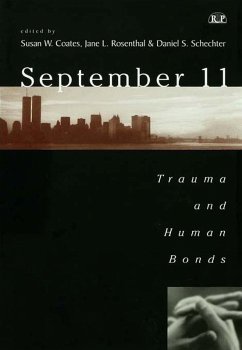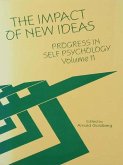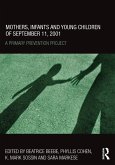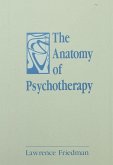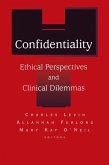Drawing on research from a variety of domains - clinical studies of trauma, developmental psychopathology, interpersonal psychobiology, epidemiology, and social policy -
September 11: Trauma and Human Bonds addresses especially the fundamental relationship of human bonds to trauma and underscores the manner in which developments in all these fields are coming together in complementary ways that sustain a key finding: that trauma must be understood in its relational and attachment contexts. The quality of early emotional attachments, differences in attachment styles to family milieus, and the psychological qualities that enable traumatized parents to avoid traumatizing their children are among the topics through which these contexts are explored. From their various disciplinary vantage points, the contributions converge to show how human relationships can either provide an anodyne to trauma or serve as the vehicle of its transmission. As Susan Coates observes, a major legacy of 9/11 is the realization that "there are no simple truths in the world of trauma studies, no easy-to-remember anodynes or pharmacologic magic bullets or depth-psychological schematizations that will hold true for a majority or even a sizable minority of cases." Yet, in delineating the multiple connections between human relations and trauma, and in elaborating these connections from multiple disciplinary perspectives, the contributors to
September 11 have taken a decisive first step to consolidate new knowledge about trauma and to demonstrate how it can assist clinicians who encounter diverse responses to trauma in their day-to-day work. A sobering reminder of shared human vulnerability in the face of devastating events,
September 11 is also a heartening reminder of resiliency in the face of overwhelming loss and of the healing potential of human connection.
Dieser Download kann aus rechtlichen Gründen nur mit Rechnungsadresse in A, B, BG, CY, CZ, D, DK, EW, E, FIN, F, GR, HR, H, IRL, I, LT, L, LR, M, NL, PL, P, R, S, SLO, SK ausgeliefert werden.

